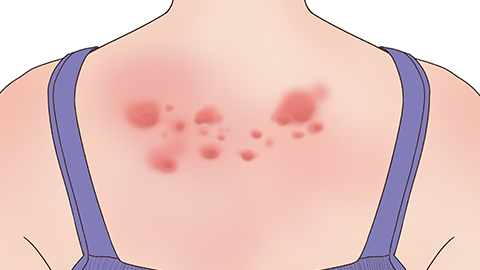Does a high level of immunoglobulin IgE require treatment?
Generally, treatment is needed when elevated immunoglobulin IgE levels are accompanied by obvious allergic symptoms or related diseases. If the index is elevated but no discomfort symptoms are present, treatment may be temporarily unnecessary. If abnormalities are detected, timely medical consultation is recommended. Detailed analysis is as follows:

If elevated immunoglobulin IgE levels are accompanied by frequent allergic rhinitis, asthma attacks, skin urticaria, or other symptoms, or if allergic diseases or parasitic infections are diagnosed, timely treatment is necessary. In these cases, the elevated index correlates with disease activity, and failure to intervene may lead to worsening symptoms, affect quality of life, or even cause complications.
If immunoglobulin IgE is only mildly elevated without any allergic manifestations or other abnormal symptoms, it may be due to individual variation or a transient stress response, and treatment may be temporarily unnecessary. These situations generally do not affect health, and excessive intervention could instead bring unnecessary risks.
When elevated immunoglobulin IgE levels are detected, further examinations should be conducted in combination with individual symptoms to identify the underlying cause before deciding whether treatment is necessary, avoiding both blind medication use and neglecting the issue.




